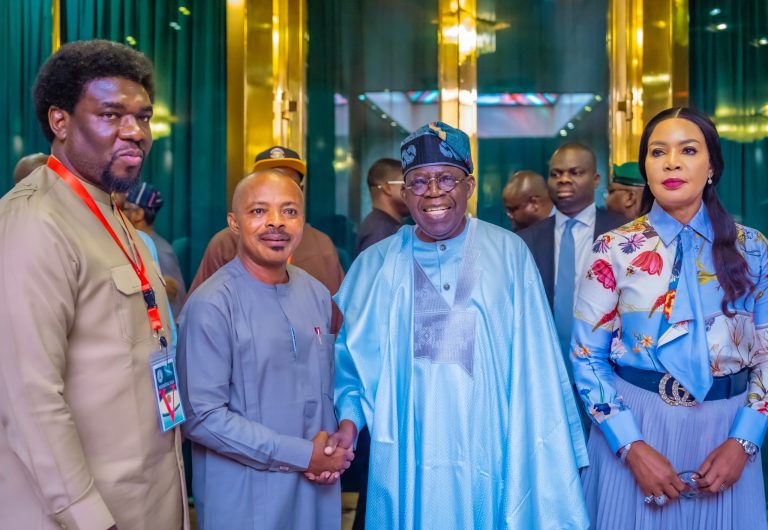 menu
menu
menu
menu

The National Assembly will receive an executive bill on Tuesday regarding the new national minimum wage, following an agreement between President Bola Tinubu and labor leaders for a higher wage of N70,000 for workers.
During a meeting at the Aso Presidential Villa in Abuja, President Tinubu, along with the Nigeria Labour Congress (NLC) and the Trade Union Congress (TUC) led by Joe Ajaero and Festus Osifo, respectively, agreed to this new wage, which replaces the previous N30,000 minimum wage that expired on April 18, 2024.
**Details of the Agreement**
Special Adviser to President Tinubu on Information and Strategy, Bayo Onanuga, confirmed that the National Assembly would receive the executive bill by Tuesday. The President emphasized the importance of a three-year review period for the minimum wage, noting, "No one in the federal establishment should earn less than N70,000. So, we are going to benchmark at N70,000."
The Tripartite Committee on the New National Minimum Wage had previously proposed two figures due to stakeholder disagreements: N62,000 from the government team and organized private sector, and N250,000 from organized labor. Following consultations with relevant stakeholders, the President settled on the N70,000 figure.
**Government Commitments and Additional Measures**
The government also agreed to pay withheld salaries for the Senior Staff Association of Nigerian Universities (SSANU) and the Non-Academic Staff Union (NASU). Additionally, it pledged significant investments in infrastructure and renewable energy, including acquiring more Compressed Natural Gas (CNG) buses.
Minister of Information and National Orientation, Mohammed Idris, expressed satisfaction with the agreement, highlighting the government's commitment to local government autonomy and the implementation of other supportive measures for labor.
**Labour's Response**
NLC President Joe Ajaero acknowledged the economic situation's challenges but accepted the new wage due to the agreement's provision for a review every three years. Similarly, TUC President Festus Osifo praised President Tinubu's intervention and called for swift legislative action on the minimum wage bill.
**Reactions from Organized Private Sector and Political Parties**
The Organised Private Sector of Nigeria (OPSN) commended the President for resolving the national minimum wage issue and urged the government to implement promised incentives to reduce economic burdens on businesses.
However, the Peoples Democratic Party (PDP) criticized the new wage as inadequate, arguing that it does not meet the living wage standard. Meanwhile, the Labour Party and New Nigeria People’s Party (NNPP) lauded the agreement but emphasized the need for continuous efforts to address inflation and economic challenges.
**Conclusion**
While the new N70,000 minimum wage marks a significant step forward, various stakeholders underscore the importance of ongoing reviews and additional measures to ensure economic stability and improved living standards for Nigerian workers.

10 months ago
Sed ut perspiciatis unde omnis iste natus error sit voluptatem accusantium doloremque laudantium, totam rem aperiam.
Read more